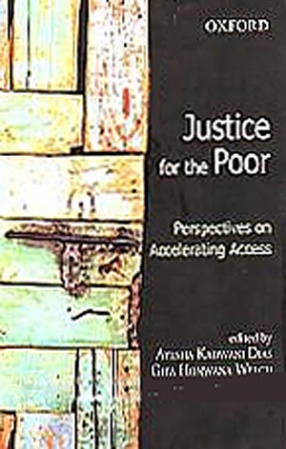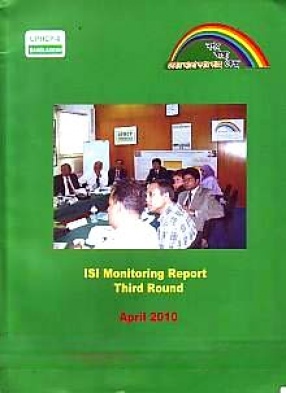One of the most significant contemporary lessons from development work around the world is that access to national judicial systems is of critical importance in the struggle against poverty. The outcome of an initiative by the Democratic Governance Group of the UNDP, this book clearly shows the connection between justice programming and human development.
The distinguished contributors contend that the formulation of legal strategies is indispensable for protecting people, including the poorest of the poor, from human rights violations, and for securing rights—civil, political, socio-economic, and cultural. They clarify conceptual issues and address crucial questions: What are the most appropriate, practical, and effective strategies for securing access to justice for the Poor? What are the means for evaluating justice programming from a results-based perspective? What level of interplay exists between poverty, good governance, and accountability in the realization of the Millennium Development Goals and in ensuring participation and non-discrimination?
Based on ground level experience, this volume provides a wealth of insights into such critical issues as gender justice, the role of public interest litigation, and the effect of globalization on previously closed economies. It offers practical recommendations for development and justice programming.
This book will be invaluable for developmental practitioners, policy-makers, law professionals involved in judicial sector reforms, students and scholars of human rights, international politics, and development studies, as well as, human rights NGOs. It will serve as a useful companion to the UNDP Practice Note on Access to Justice.





There are no reviews yet.